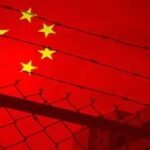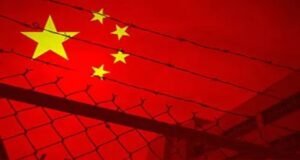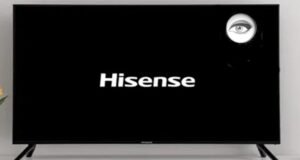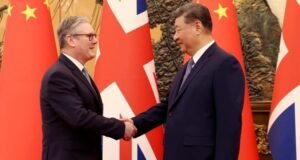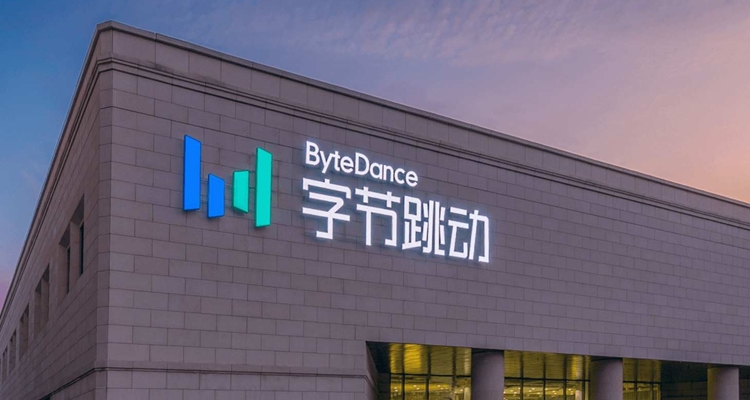
President Trump wants to do a deal, a beautiful deal, it will be so good, with the Chinese government.
The deal is, Trump will moderate the tariffs that he has imposed on China if its government will agree to let Beijing-based ByteDance sell TikTok to an acceptable U.S. buyer. That’s it. That’s the only change in Chinese Communist Party policy and conduct that would be required if the president’s statements of the moment and news reports are to be trusted: allow one of China’s pseudo-private companies to sell one of its subsidiaries (“Trump floats easing tariffs on China in return for TikTok deal,” The Guardian, March 27, 2025).
On the first day of his second term as president, Trump had told China that it must approve a deal to sell TikTok to U.S. buyer if it wanted to avoid steep tariffs “of 25, 30, 50%, even 100%.”
The Chinese government has yet to approve a sale. In the weeks since inauguration day, did Trump impose tariffs (albeit not tariffs yet as high as “50%, even 100%”) solely or mainly because of this reluctance?
A little bit of a reduction
“With respect to TikTok, and China is going to have to play a role in that, possibly in the form of an approval, maybe, and I think they’ll do that,” Trump said a couple of days ago. “Maybe I’ll give them a little reduction in tariffs or something to get it done.”
This isn’t just idle musing if the tariffs imposed on China this term have so far been only or mostly about TikTok. But in a formal statement about the tariffs on China and our neighbors to the north and south, the White House indicated that the new tariffs on China are a response to China’s failure to stem the flow of fentanyl and to its contribution to illegal immigration to the United States.
A little bit of a reduction in tariffs is not much a carrot for the Chinese Communist Party. After Trump secures the release of TikTok, the U.S. could again increase the tariffs on China, citing other things China is doing to threaten the United States. The number of such things is legion.
The Guardian reports: “ByteDance has a 5 April deadline to find a non-Chinese buyer for TikTok or face a US ban on national security grounds that was supposed to have taken effect in January under a 2024 law”…that is, ByteDance will face a ban of TikTok on national security grounds in early April unless Trump re-extends the deadline.
A bad deal would be bad
Meanwhile, John Moolenaar, chair of the House Select Committee on the Chinese Communist Party, is stressing the fact that a deal to sell TikTok would be no good, and would also violate the law, if ByteDance retains any control of the app (“To Save TikTok, ByteDance Must Go,” National Review, March 18, 2025).
“As TikTok’s sale-or-ban deadline looms, there are concerning reports that ByteDance, TikTok’s parent company and a close ally of the Chinese Communist Party, is trying to retain control over the app in any potential deal…. The law is clear: any deal must eliminate Chinese influence and control over the app to safeguard our interests.”
If ByteDance gets a deal under which TikTok continues to run on ByteDance’s algorithms, keeps TikTok staffed with loyalists, and retains a substantial stake in TikTok, ByteDance “would retain the power to influence and control the platform,” which is the power of the Chinese Communist Party to influence and control the platform.
“A bad deal would also undermine the rule of law, create confusion, and erode trust in our legal system,” Moolenaar says. “It would set a dangerous precedent for CCP influence over U.S. digital infrastructure, weakening Congress’s authority and opening the door for adversaries to exploit weaknesses in our tech ecosystem.”
Also see:
StoptheCCP.org: “How Did DeepSeek Deep-Six the Chinese and American Competition (If It Did)?”

